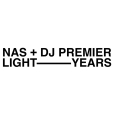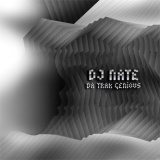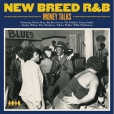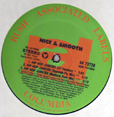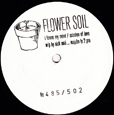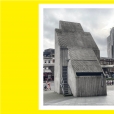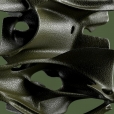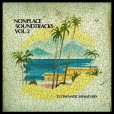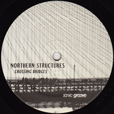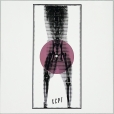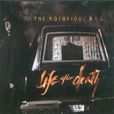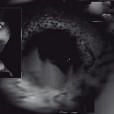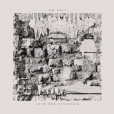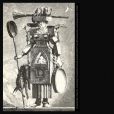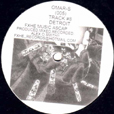Your basket is empty

Two teenagers’ amapiano music from Gauteng province in South Africa, drawing on jazz, folk, afro, deep and tech house, kwaito, and dibacardi… but sounding like none of them.
Top-notch deep house in a limited, one-sided, numbered edition, the flip silk-screened.
A moody, dubwise, to-the-barricades brew of jungle, rave, dubstep, and techno.
Over the five cuts, an opening, evocative, littoral play between discombobulation and mysticism gives way to mounting abrasiveness, before fetching up in the inner chambers of the temple room, echoing and spooky, with acoustic percussion.
Aka Jan Katsma of Bunker associates Syncom Data, stepping out with his first full solo release in three years. Six feverish, dubwise synth excursions, rumbling with restrained power; with passages as body-rocking as recent Katsma/SD contributions to mixtapes by Dettmann and Stingray, but always verging on acid disintegration.
A mixtape by DJ OD from Paris, messing around with live recordings copped off friends like Mike Cooper, Jay Glass Dubs, Don’t DJ and Rabih Beaini. Snazzy red tapes in white cases.
A mouth-watering collaboration; plus flips from Al Wootton and Ottomani Parker.
‘The opener Last Breath is a late-hour pelter: relentlessly moody and hypnotic, with heaving sub-bass pulses. Tunnel Drift switches lanes with its distinctive tech-stepping 90’s throwback style; a forward-thinking take on a nostalgic sound.
‘Al Wootton’s contribution is characteristically fresh and inventive dubbed-out house, with his signature layering of atmospheric textures, and a deep and groovy bassline.
‘After a blissful opening, the Ottomani Parker excursion overlays driving percussion with horns, keys and live hand-drumming; an uplifting finale.’
